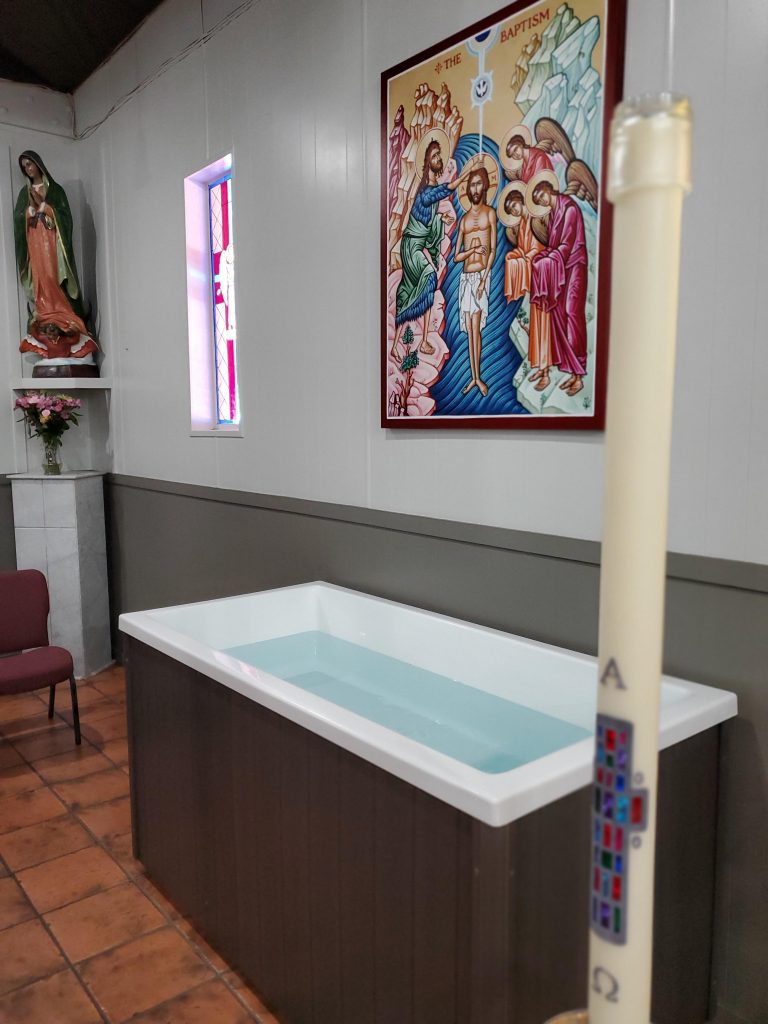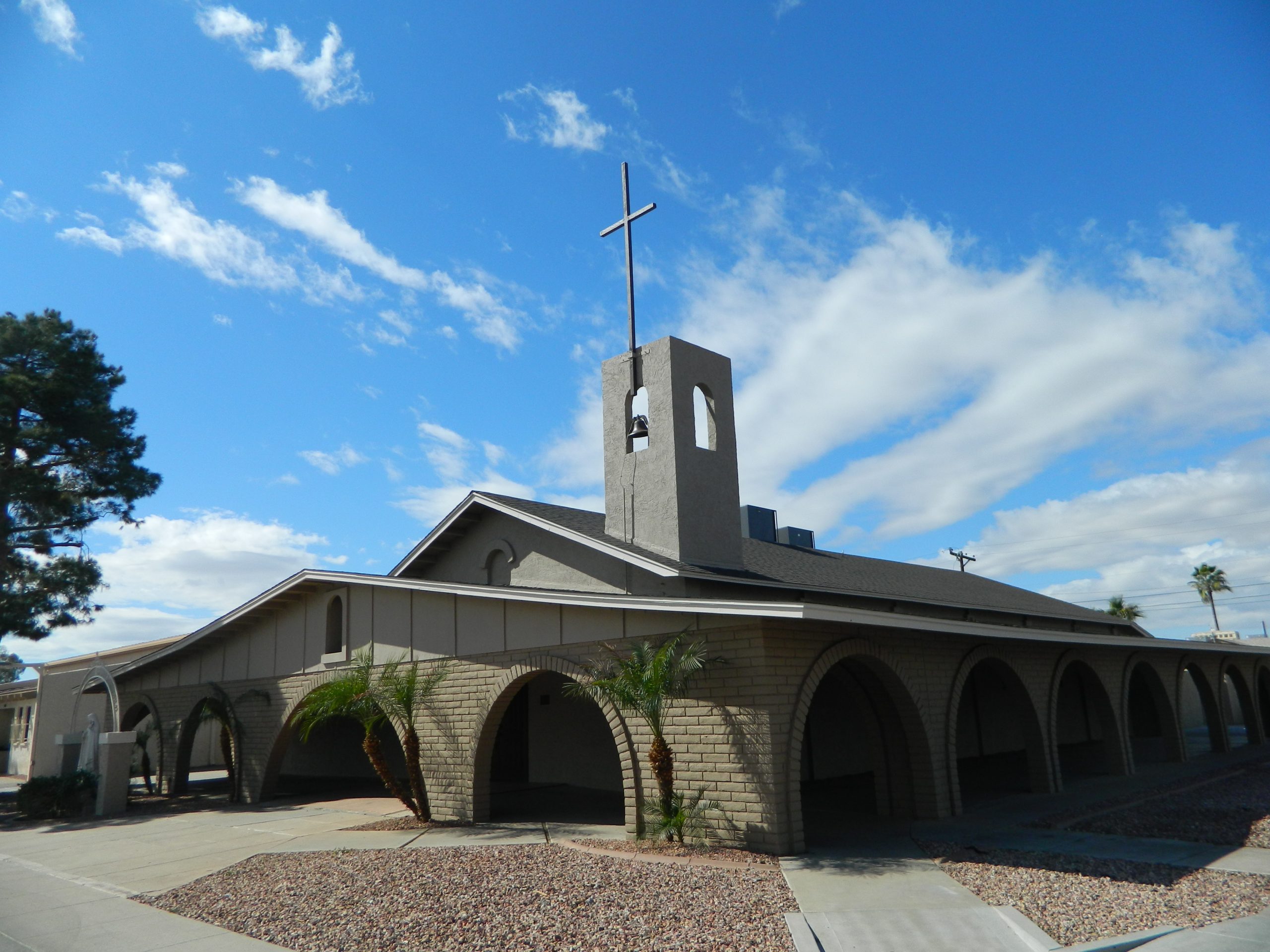
Are interested in getting to know Jesus? Want to learn what he’s all about, or just have questions about the Catholic Church? Call our parish office and inquire within.
Below are 5 reasons why OCIA matters for all of parish life.
These text are laid out for us in the General Directory for Catechesis beginning with paragraph (88). We’ve paraphrased to make the point clearer, and you can see the original here: http://marker.to/sB8oy3.
- The catechumenate serves as a constant reminder to the whole parish of the vital importance of initiating new people into the community. The essential components of initiation are catechesis and the celebration of the initiation sacraments—baptism, confirmation, and Eucharist.
- The catechumenate is the responsibility of every member of the parish. This is a radical decentralization of the missionary activity of the church and requires every Christian to think of himself or herself as an equal partner in the work Jesus left us.
- The catechumenate is steeped in the mystery of Christ’s death and resurrection. Therefore everyone involved in the work of initiation must work hard to clearly reveal the paschal nature of our faith. The Easter Vigil is the source and inspiration for all catechesis.
- The catechumenate is also an initial starting point for inculturation. The Son of God became human in a concrete place and time in history. That is to say, Jesus had a culture. Therefore, we accept and celebrate the cultures of all those who seek to become members of our church. Different cultures hear the word of God in different ways, and it is our job to find ways of incorporating all those different styles of hearing into the catholicity of the church.
- Finally, we understand the catechumenate to be “a process of formation” (91). The catechumenate is not a textbook to be gotten through nor a series of meetings to attend nor a required number of service projects. It is a comprehensive formation, gradually accomplished in definite stages. It is marked and celebrated in “meaningful rites, symbols, biblical and liturgical signs” (91). Most of all, it is a formation handed on by us, the Christian faithful, the Body of Christ.
